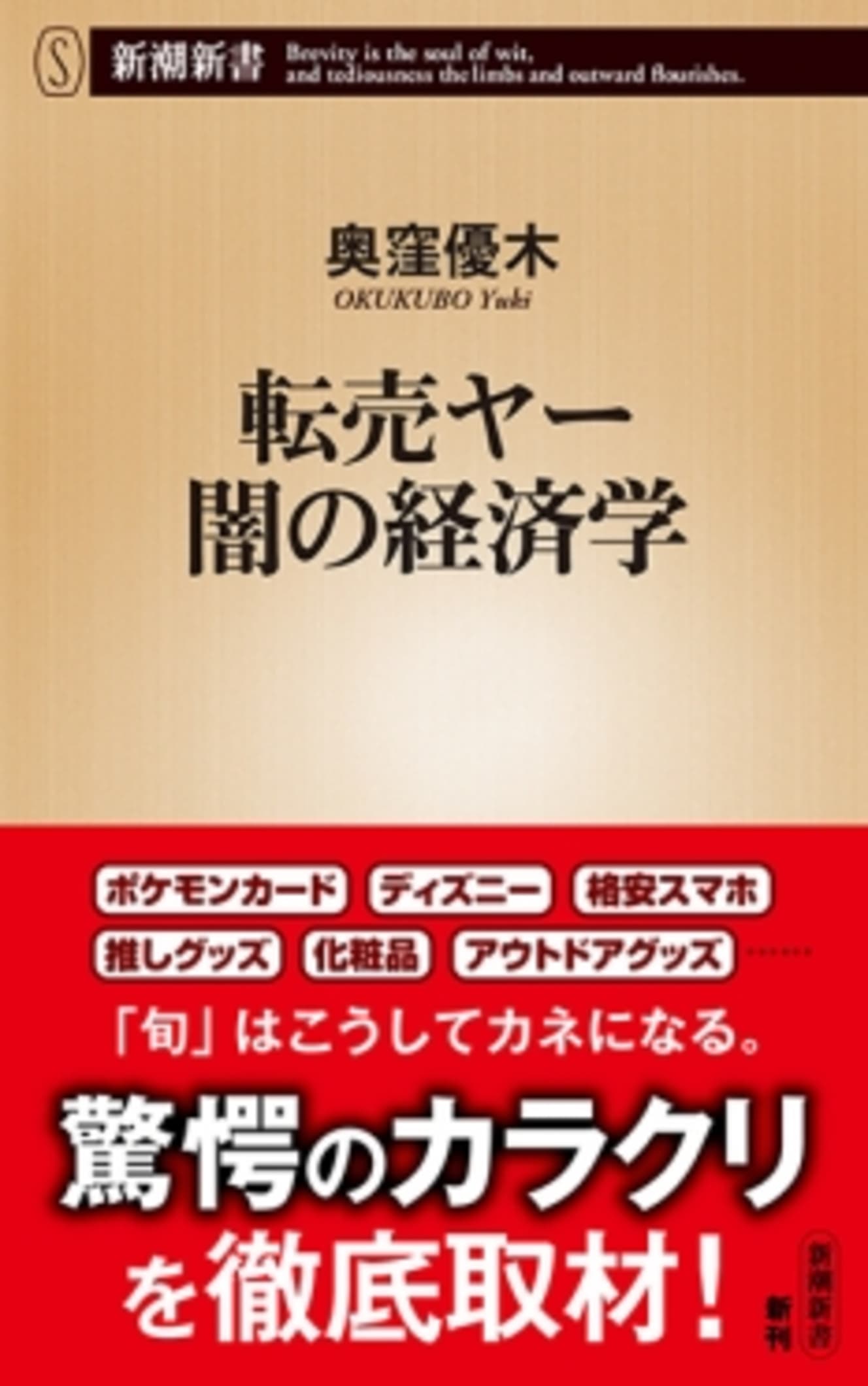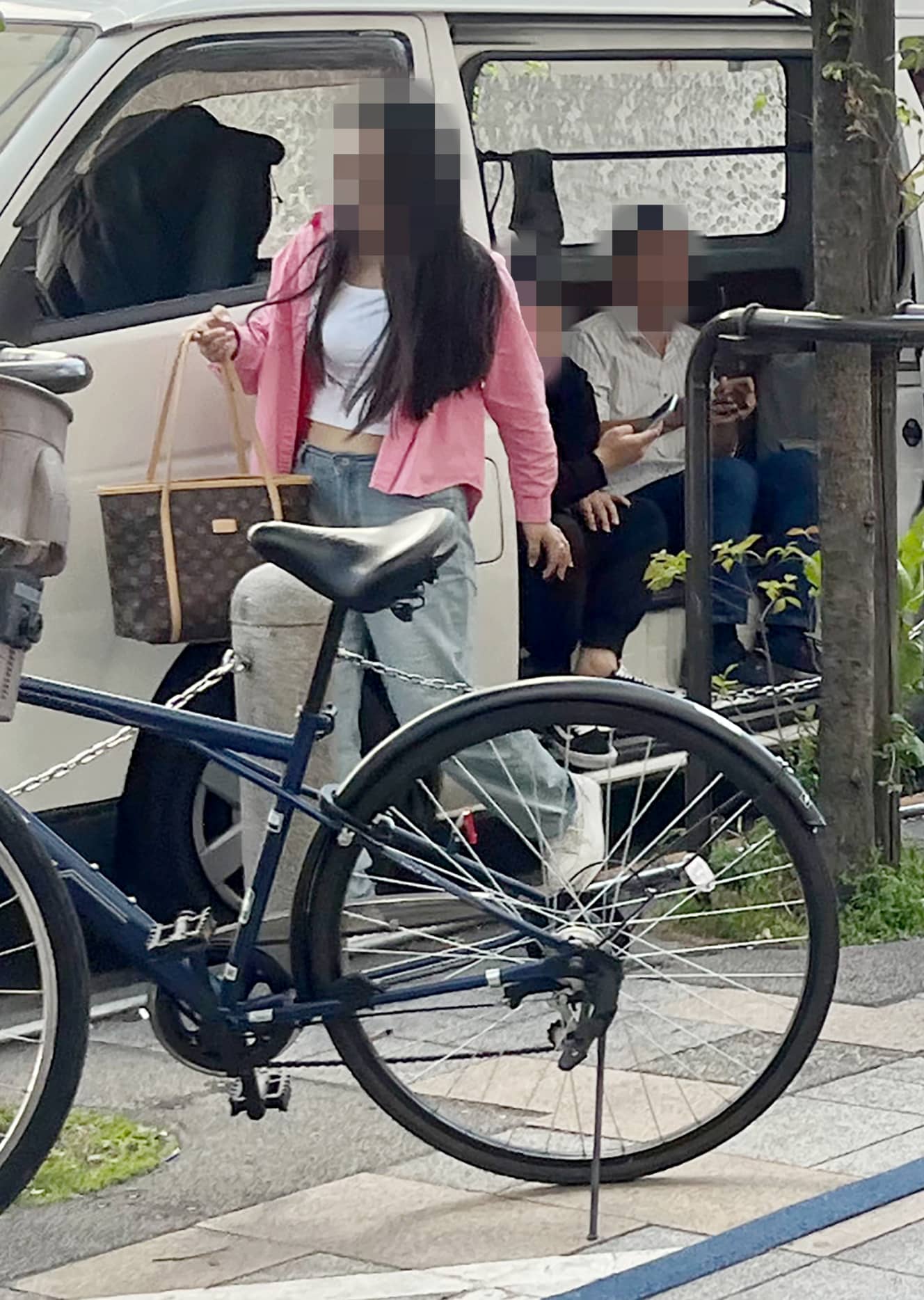Tokuryu Exploits System: Chinese Duty-Free Resale Group Tactics Unveiled
Daikokuya, a major used goods retailer, also suffered a 200 million yen loss.
 Due to the activities of resellers, Daikokuya, which faced additional tax charges, has stores prominently displaying duty-free.
Due to the activities of resellers, Daikokuya, which faced additional tax charges, has stores prominently displaying duty-free.Chinese duty-free goods resale group abusing the consumption tax exemption system
Near the west exit of Shinjuku Station, a white van with a Saitama Prefecture Kawaguchi number plate was parked on the street. An around-40s woman, holding a paper bag from a second-hand luxury brand store, approached the van while looking around cautiously. She handed the bag to the man sitting inside the van and, in return, received cash.
The woman checked the four 10,000 yen bills and seven 1,000 yen bills twice, like dealing playing cards, before tucking the money into her bag and quickly leaving the scene (refer to photos 3-5). Moments later, a man in his 20s, holding a paper bag from an electronics store, approached the van. Like the woman, he handed the bag to the man and received cash before leaving.
They were part of a Chinese duty-free product resale group that abuses Japan’s consumption tax exemption system. The scene witnessed by the author, who published “Resellers: The Dark Economics” (Shincho Shinsho) on November 18, was one of their procurement operations.
The duty-free system exempts consumption tax on items purchased by non-resident foreigners (such as tourists and Japanese returnees). However, purchases for resale or domestic use are excluded from the exemption.
Under the current system, there is no check to confirm whether duty-free goods purchased by individuals are actually taken out of the country by the buyer. Exploiting this loophole, the group uses the names of visitors to Japan to purchase items duty-free, thereby obtaining goods for resale at a 10% discount due to the consumption tax exemption.
As a result of the resellers’ activities, many cases have emerged where the selling parties are held responsible. In April of this year, the Tokyo National Tax Agency imposed a 230 million yen back tax on Daikokuya, a major second-hand goods buyer and seller, for repeatedly conducting duty-free sales to customers suspected of reselling.
The Japanese government is not merely standing by. Recognizing the widespread fraud, the outline for the 2024 tax reforms includes a shift to a refund-type duty-free system, where tax refunds would be issued after confirming that the goods have been taken out of the country during departure, instead of selling duty-free items at stores.
However, the resale groups are also quick to act. With the switch to the refund-type system expected as early as the next fiscal year, they are rushing to bulk-buy duty-free items in the meantime.
Several men and women, one after the other.
On Chinese social media platforms, there are frequent posts where resellers recruit shoppers to buy duty-free goods. This is a similar structure to the “Tokuryu” (anonymous and fluid criminal groups) problem that has arisen in Japan. One post reads,
“Seeking tourists and short-term visitors. Duty-free purchase proxy service. Reward of 20,000 yen or more.”
The author pretended to be a Chinese tourist and sent a message to the poster. After some exchanges, the author was able to obtain the location and time of the procurement. On the day of the procurement, the author witnessed the initial scene near the west exit of Shinjuku Station.
Following the woman from earlier, the author saw her enter another second-hand luxury brand store, a five-minute walk away. About 15 minutes later, she came out with paper bags in both hands.
The author also noticed a man outside the store, watching the woman’s movements. He seemed to be keeping watch to ensure that the shoppers didn’t steal the money or goods. The cash the woman received from the man in the van earlier seemed too high to be just her reward. It was likely given to her as new purchase funds. She returned to the van with the paper bags, received more cash, and left quickly.
After watching for a while, the author saw multiple men and women, including the woman, arriving at the van every 5–10 minutes. They handed brand name store or electronics store bags to the men inside the van. It seemed like the workers were like bees carrying honey to their queen, without any apparent sense of guilt.
One Chinese reseller the author met during the investigation proudly revealed,
“Recently, resellers have been sending ‘insiders’ to second-hand stores as employees. Since there are only a limited number of staff who can speak Chinese, if the collaborator handles the customer service, the reseller can use the duty-free system without hiring a shopper with duty-free eligibility.”
Searching again on Chinese social media, the author found countless posts recruiting buyers for the spoils illegally obtained by these resellers, alongside phrases like,
“I can buy duty-free goods on your behalf.”
It is astonishing how these resellers cunningly exploit loopholes in the law. However, as long as there are buyers in the resale market, it seems these resellers will continue to thrive.

Resellers: The Economics of Darkness,” a book that delves into the realities of resellers in the dark, is now on sale from Shinchosha Publishing Co.



 With the bills in hand, the woman went back to another secondhand store. She returned to the van with the paper bag in hand, received the bills again, and left the scene.
With the bills in hand, the woman went back to another secondhand store. She returned to the van with the paper bag in hand, received the bills again, and left the scene.Reporting and writing: Yuuki Okukubo (Journalist) PHOTO: Hiroyuki Komatsu (1st photo)